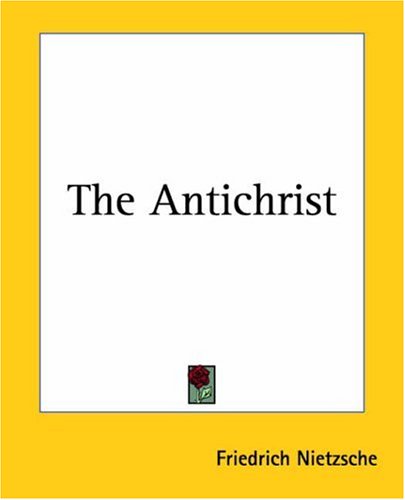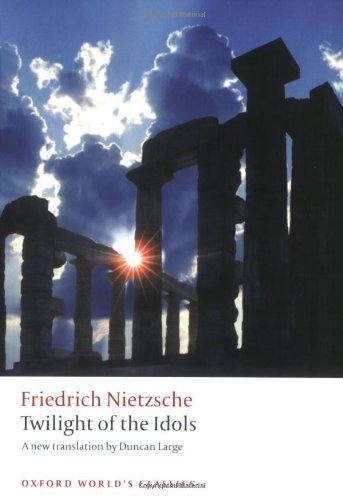“.As children, we are always told by others what to do, how to think, and in what to believe
.This book was written for a very limited readership, for those who really understand him
This short book stands as a critical and deadly response to the Judeo-Christian values, especially the Christian values. Nietzsche views faith, charity and hope as venomous virtues which contradict human nature. He v”















